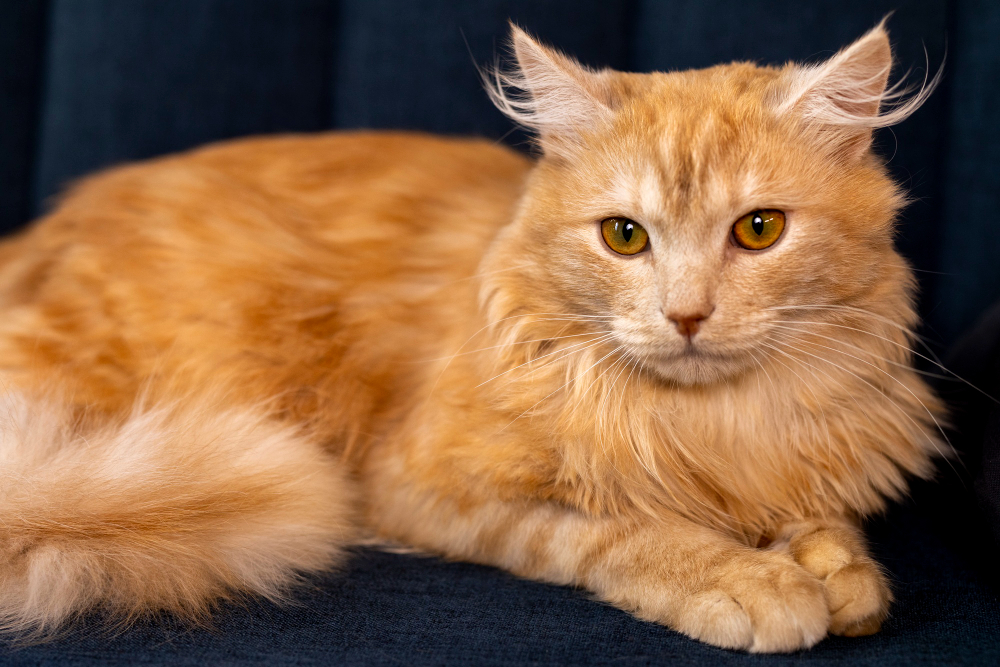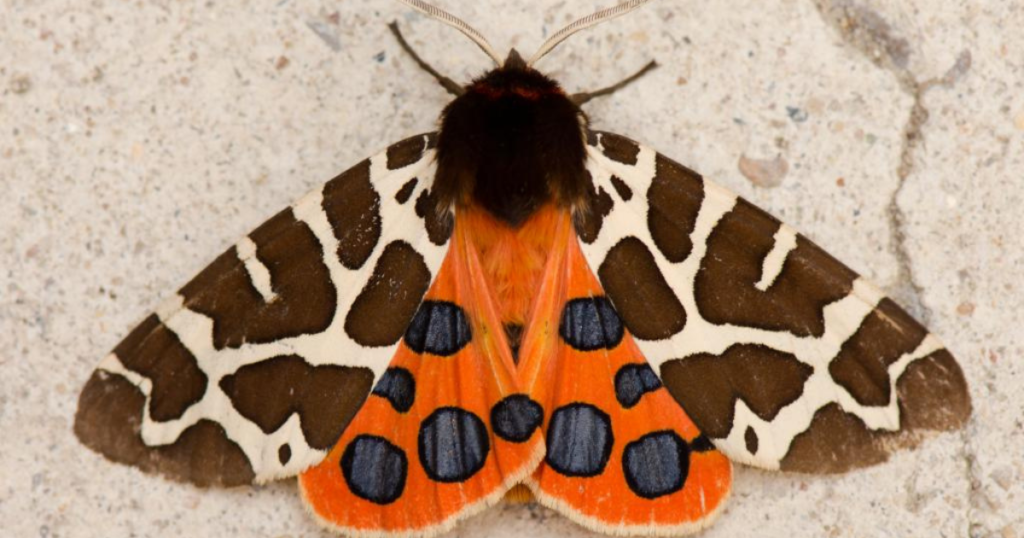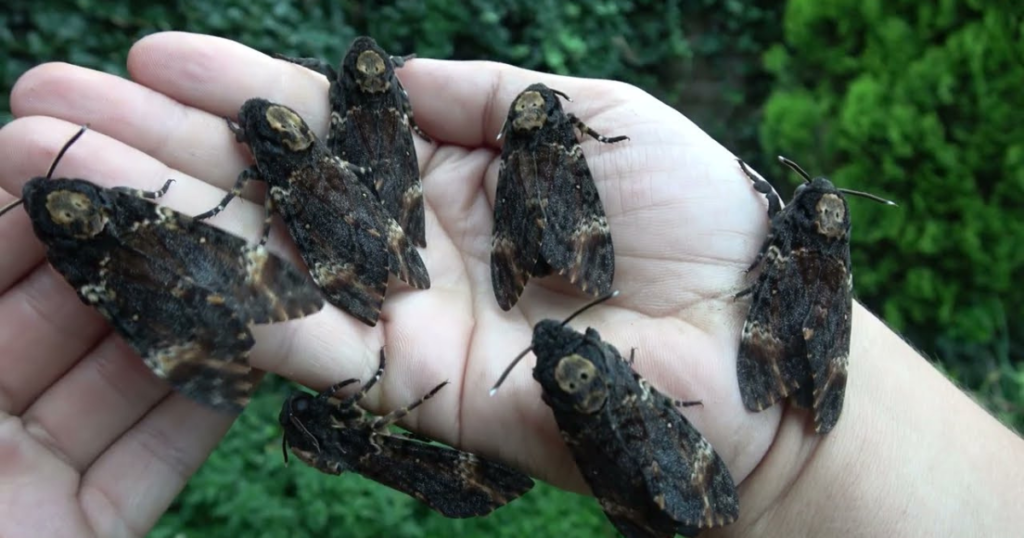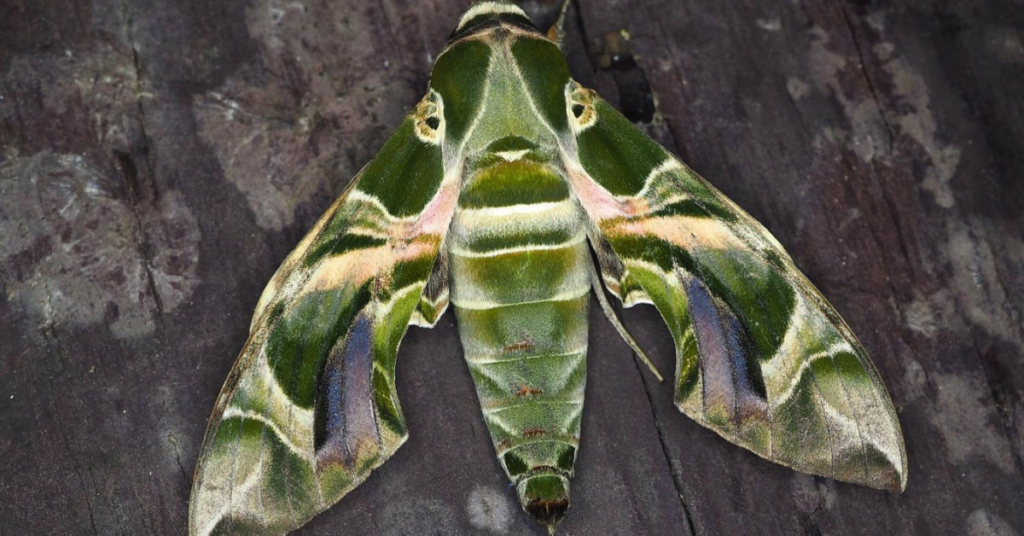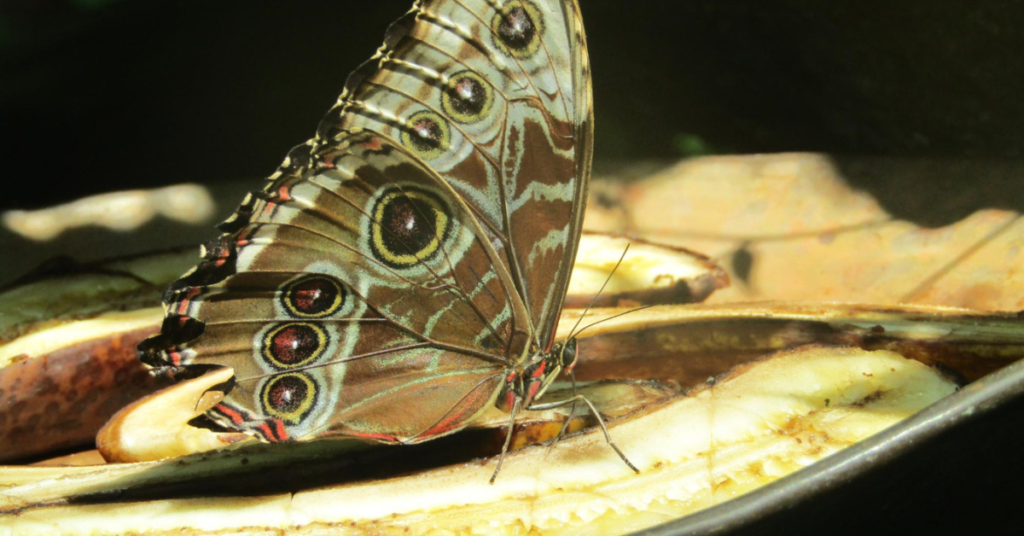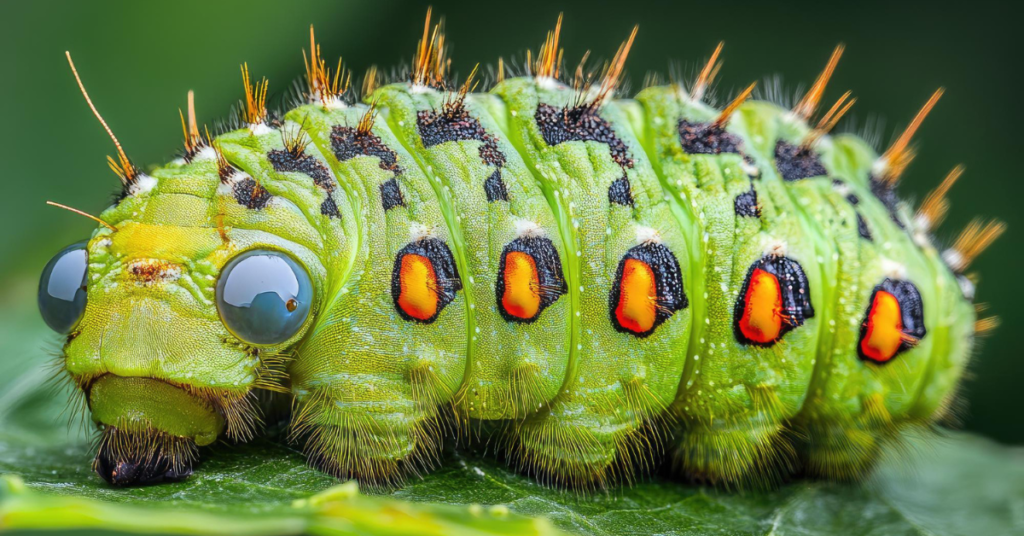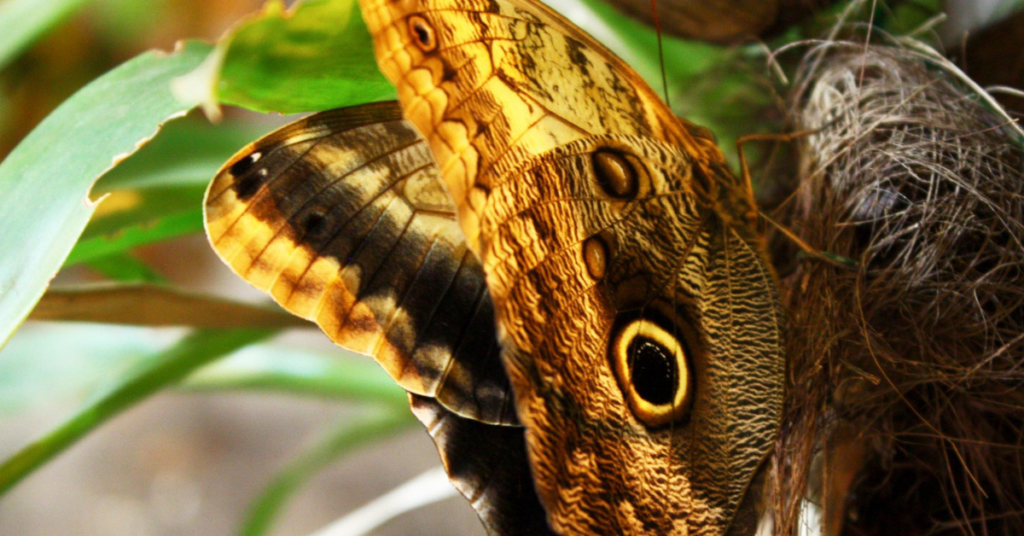Maine Coon cats are often called the “furry giants” of the cat world, not just because of their impressive size but also for their Loving, sweet nature. With their fluffy ears, silky coats, and long bushy tails, they’re a true eye catcher in any home.
But beyond apperance all that beauty needs an extra care. Their thick fur, playful energy, and larger build mean they need regular grooming, the right diet, and plenty of attention to stay healthy and happy.
Having a Maine Coon is a joy, but it comes with responsibilities that every cat lover should be ready for. Here is a detailed blog that how to care your Maine Coon Cat.
Table of Contents
ToggleMaine Coon Care: Grooming, Health, and Maintenance Guide
This guide covers the essentials of Maine Coon cat care, grooming, and Maine Coon health issues to ensure your furry companion stays happy and healthy.
Maine Coon Care
A Maine Coon involves more than just providing food and shelter. They require special attention to their diet, hygiene, and overall well-being. Below are key aspects to focus on when taking care of your Maine Coon.
Maine Coon Characteristics Table
Height
10–16 inches
Weight
10–25 pounds
Lifespan
12–15 years
Shed Level
Moderate to high
Temperament
Friendly, affectionate, intelligent
Energy Level
Playful, requires interactive activities
Coat Type
Long, thick, water-resistant, requires regular grooming
Eye Colors
Green, gold, copper, blue, odd-eyed
Vocalization
Chirps and trills, moderately talkative
Intelligence
High, enjoys problem-solving and learning tricks
Common Health Concerns
Heart disease, hip dysplasia, kidney disease, dental problems
Height
10–16 inches
Weight
10–25 pounds
Lifespan
12–15 years
Shed Level
Moderate to high
Temperament
Friendly, affectionate, intelligent
Energy Level
Playful, requires interactive activities
Coat Type
Long, thick, water-resistant, requires regular grooming
Eye Colors
Green, gold, copper, blue, odd-eyed
Vocalization
Chirps and trills, moderately talkative
Intelligence
High, enjoys problem-solving and learning tricks
Common Health Concerns
Heart disease, hip dysplasia, kidney disease, dental problems
What to Feed a Maine Coon Cat?
A well-balanced diet is essential for a Maine Coon’s health. Maine Coon Cat care starts with providing high-quality food that meets their nutritional needs. Due to their large size, they require a nutrient-rich diet with proper protein and fat levels to maintain energy and muscle mass.
How Much Should You Feed a Maine Coon?
Maine Coon cat should be fed according to their age, weight, and activity levels. Generally, adult Maine Coons require around 250–350 calories per day, divided into two or three meals. Avoid overfeeding, as their playful nature can sometimes lead to overeating and obesity.
Nutritional Tips for Maine Coon Cat
- Opt for high-quality wet or dry food that includes real meat as the first ingredient.
- Incorporate omega-3 and omega-6 fatty acids to promote a healthy skin and coat.
- Ensure proper hydration by providing fresh water daily or adding wet food to their diet.
- Avoid feeding them excessive treats or human food that could lead to digestive issues.
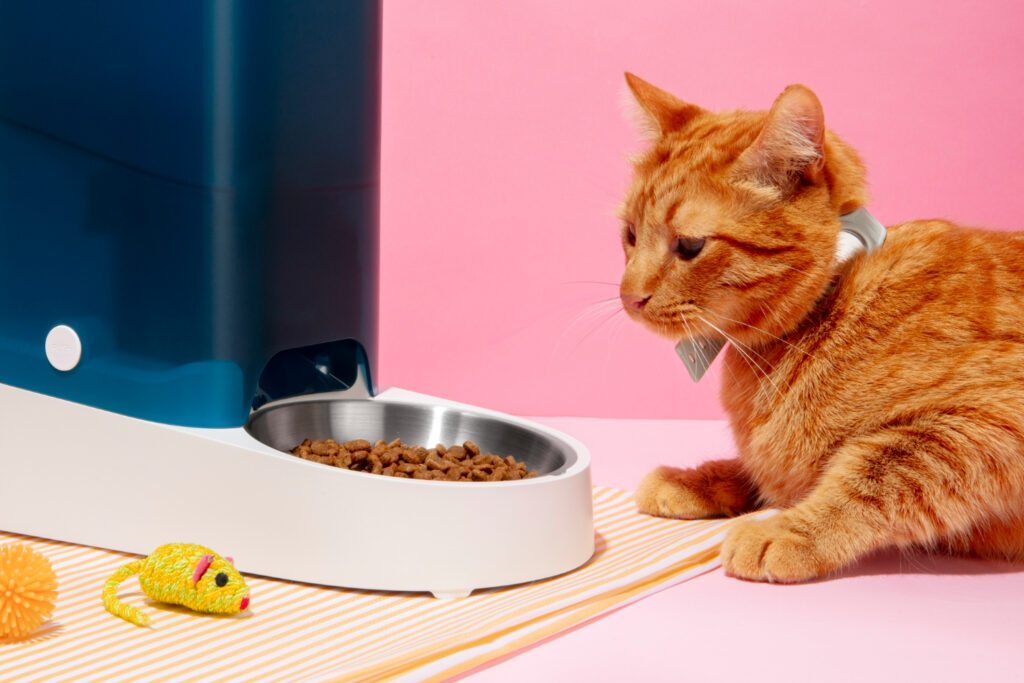
The Importance of Maine Coon Cat Grooming
One of the most demanding aspects of owning a Maine Coon is grooming. Maine Coon grooming should be part of your weekly routine to prevent mats and tangles in their thick fur.
1. Brushing and Combing
Using a high-quality metal comb and a soft brush will help remove loose hair and keep their coat smooth and healthy. Brushing at least 3–4 times a week is essential to prevent matting, which can cause discomfort and skin infections.
2. Regular Bathing
Maine Coon cat don’t require frequent baths, but occasional bathing every 4–6 weeks can help remove dirt and oils from their water-resistant coat. Use a mild, cat-safe shampoo and ensure they are thoroughly dried afterward to prevent moisture-related skin problems.
3. Eye and Face Cleaning
While Maine Coon cat don’t have as many tear stains as flat-faced breeds, regular eye cleaning is beneficial to prevent dirt buildup. Use a soft, damp cloth to gently wipe around their eyes and face.
4. Nail Trimming and Ear Cleaning
Regularly trimming your Maine Coon’s nails prevents overgrowth and painful snagging. Additionally, cleaning their ears with a vet-approved solution will help avoid infections and wax buildup.
Maine Coon Cat Health Issues
Due to their large size and genetics, Maine Coons are prone to several health conditions. Maine Coon health issues should be monitored carefully to prevent complications.
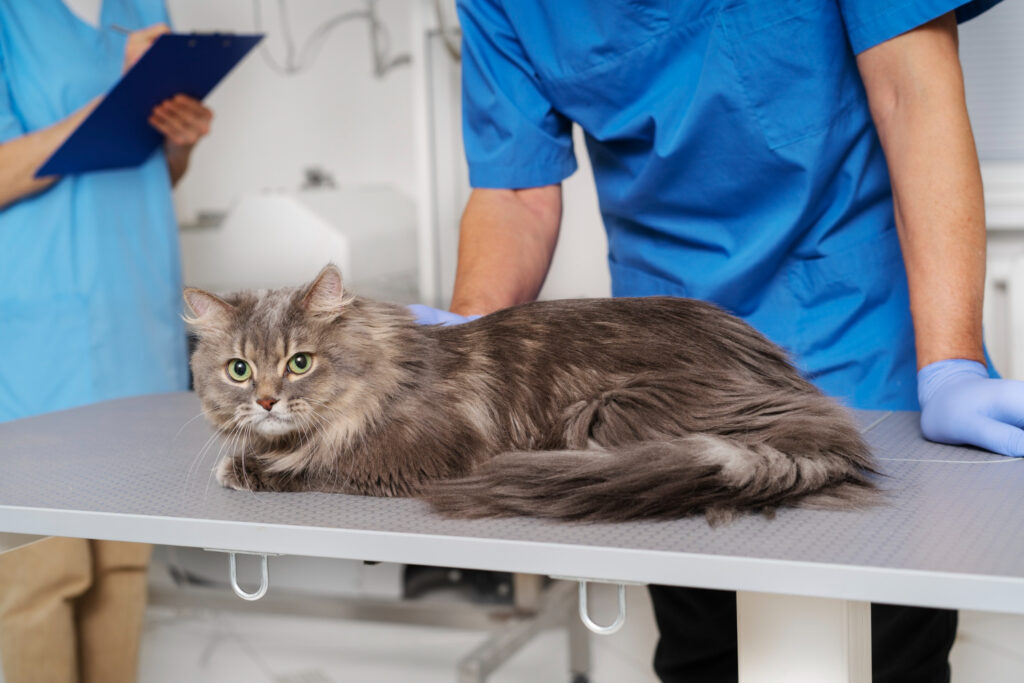
1. Hypertrophic Cardiomyopathy (HCM)
HCM is a common heart disease in maine coon cat, and Maine Coons are particularly prone to it. This condition causes the heart’s walls to thicken, leading to reduced efficiency in blood circulation. Regular vet check-ups and echocardiograms can help detect HCM early.
Hip Dysplasia
Due to their large build, Maine Coons are at risk for hip dysplasia, a genetic disorder that affects the hip joints. This condition can lead to arthritis and mobility issues. Maintaining an optimal weight and providing joint supplements can help reduce the risk.
3. Polycystic Kidney Disease (PKD)
PKD is an inherited condition where fluid-filled cysts develop in the kidneys, potentially leading to kidney failure. Early detection through ultrasound and a proper diet can help manage this condition.
4. Dental Disease
Maine Coons are prone to dental issues, including gingivitis and periodontal disease. Poor oral hygiene can lead to severe infections. Regular brushing, dental treats, and professional cleanings can help prevent these problems.
Behavior and Training Tips for Maine Coons
Maine Coons are intelligent and social cats that enjoy interactive play and mental stimulation. Here are some training and behavioral tips:
- Use positive reinforcement when training them to use a litter box or scratch post.
- Provide climbing trees, tunnels, and toys to satisfy their active nature.
- Establish a routine for feeding and grooming to build trust and consistency.
FAQ's
1. How often should I groom my Maine Coon Cat?
Brushing at least 3–4 times a week is essential to prevent tangles, and occasional bathing every 4–6 weeks helps maintain their coat.
2. What are the common health problems in Maine Coons?
Maine Coon health issues include heart disease (HCM), hip dysplasia, kidney conditions like polycystic kidney disease (PKD), and dental problems.
3. How can I prevent obesity in my Maine Coon?
Provide a balanced diet, monitor portion sizes, and engage them in interactive play to keep them active and fit.
Fun Activities for Maine Coon Cat
While Maine Coons are playful, they also enjoy lounging. Here are some ways to keep them entertained:
- Using puzzle feeders to keep them engaged while encouraging problem-solving.
- Interactive toys, such as feather wands or laser pointers, to stimulate their hunting instincts.
- Providing cat trees or scratching posts for climbing and exercise.
- Setting up cozy napping spots with soft cushions and blankets for comfort.
A Maine Coon is a commitment, but with proper Maine Coon care, Maine Coon grooming, and awareness of Maine Coon health issues, you can ensure a long and happy life for your feline companion.

